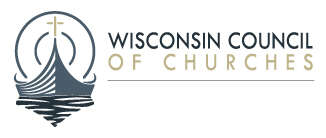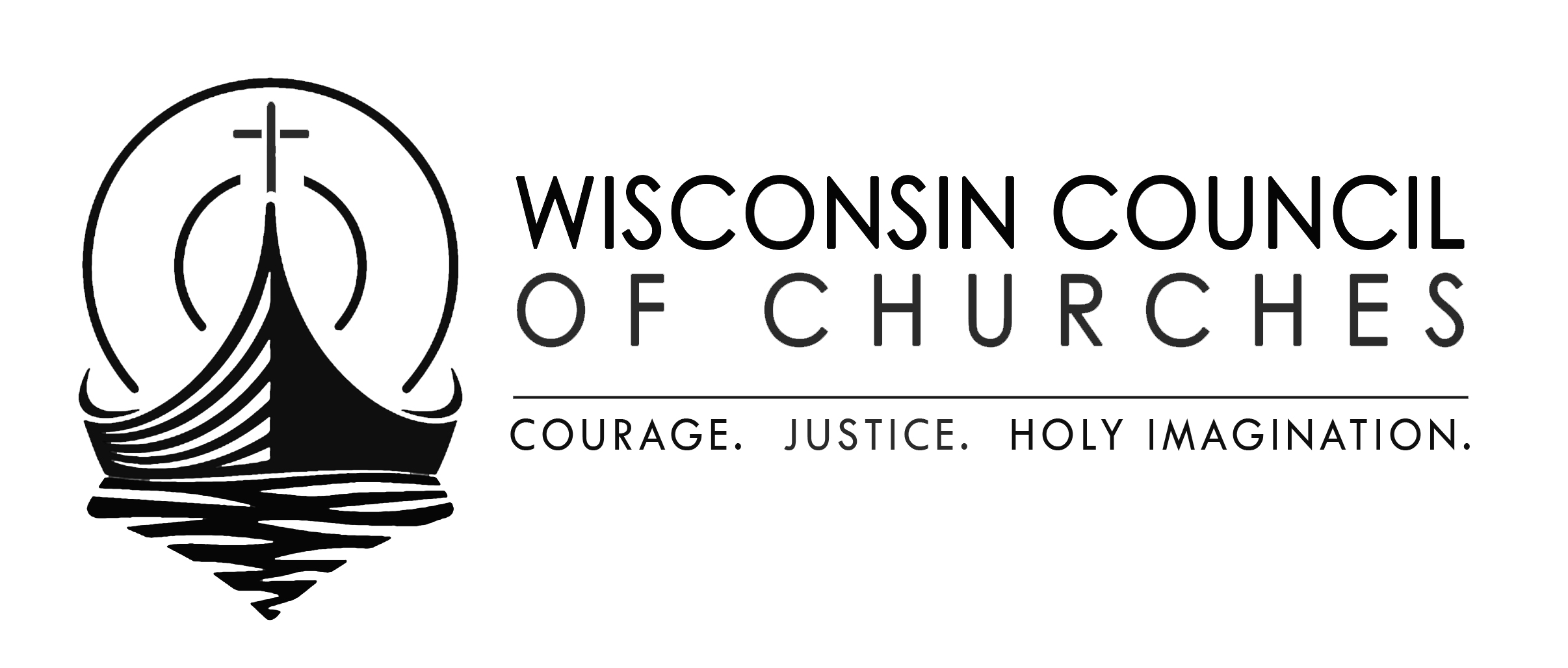What have we been doing?
And what should you do to stay safe?
In honor of the WCC annual meeting (held very successfully at Holy Wisdom Monastery on December 5th), I thought I would pass along the Community Health Program report for the year. Skip ahead for a COVID update and some suggestions.
It has been a year of endings and beginnings. We concluded a major community outreach project in Milwaukee’s African-American neighborhoods and two research projects in conjunction with the UW-Madison Population Health Institute. The federal COVID public health emergency expired mid-year, and with it our major focus on increasing vaccinations and boosters. We have begun the last phase of our COVID project working to prepare communities for the next public health crisis by building broad and deep networks, particularly among African-American and Hispanic/Latine communities, capturing lessons learned, and preparing for future work.
It was also a year of recognition: Executive Director Rev. Kerri Parker was presented with the United Church of Christ’s Avery D. Post Ecumenical Award during the denomination’s General Synod for her timely leadership during the COVID-19 pandemic. A panel of WCC staff and subgrantees presented a well-received panel at the Wisconsin Public Health Association focused on partnerships between faith-based and public health organizations.
To date, we have engaged almost 330 houses of worship and helped organize 285 COVID vaccination clinics with 3600 shots administered. We are happy to report that after some lag time, we are seeing increased interest in hosting booster clinics and matching sites with providers. We have submitted a proposal for a major new grant working on social determinants of health, and are close to finishing a second. We are hopeful that 2024 will mark the beginning of a new direction for the Community Health Program.
We’re up to 291 clinics with 3800 vaccinations since I submitted the report. Not included: some of the amazing places and events we’ve been to this year: a gathering of parish nurses in Ft. Atkinson, a conference on preservation of Tribal artifacts and remains in Baraboo, a gun buy-back in Milwaukee, and, of course, visits to many of your churches.
We literally could not do it without you, and we are so appreciative of your support and commitment. We would be equally grateful for your continued participation as we turn the Community Health Program to whatever comes next. We’re open to ideas, feedback, dreams, visions!
Respiratory virus update
As I heard an expert say the other day, it used to be that we talked about the cold and flu season. But these days, we need to talk about respiratory viruses: COVID, flu, and RSV. Each of them are active in Wisconsin:
- COVID is the one we emphasize the most around here. It’s also the one that seems to be shooting up the fastest: about 50% higher than in October. That’s still lower than the peaks of previous years, leaving most of the state in the CDC’s “low” category. But it is going up. Two slopes in particular concern me: wastewater levels and emergency department visits. Both metrics are steeply angled these days. And both measures tell us the same thing: it won’t be very long before we start to feel the COVID wave in Wisconsin.
- In fact, the flu season is already upon us, according to one expert, leading him to predict an early peak to the season. Wisconsin’s official Respiratory Virus Illness report tends to run a week or two behind, which means we are now seeing the results of those sharp increases I mentioned above. That goes for flu and COVID alike.
- RSV infections are significantly less common than COVID, and a bit higher than flu. But they too are increasing. Doctors encourage parents to get the new RSV vaccines for infants, but shortages continue to be an issue.
Bottom line: Things are going to get worse before they get better on the respiratory virus front. And we are in the period where they get worse quickly. Seniors and very young children remain the most at risk from respiratory illnesses. You can help to protect them by getting vaccinated and boosted, and by following commonsense preventive strategies.
Commonsense preventive strategies
Speaking of which, here are some tips gleaned from the CDC and Public Health Madison & Dane County:
- Get vaccinated. That includes COVID and flu for everyone six months and older, and RSV for people at risk.
- Stay home if you’re sick, part I: Sniffles? A cough? Fever? Get fluids and rest and catch worship on your live-streaming service of choice. Trust me, your pastor will be way happier for you to err on the side of caution than not.
- Test. Don’t assume that it’s just a cold or allergies! If you’ve been around someone who has tested positive for COVID, take your own test at least five days later. Remember, you can order free at-home test kits from covidtests.gov. If you test negative but have symptoms, wait a couple of days and test again.
- Cover your coughs and sneezes. With your elbow please, not your hands. Try to avoid touching your eyes, nose, and mouth.
- Wash your hands. Use soap and water. If you’re in a public restroom, grab the door handle with a paper towel if possible: lots of germs live there.
- Mask up, especially if you travel or spend a lot of time in crowded places. Wearing a mask is a good way to protect yourself and the people around you.
- Stay home if you’re sick part II: If you have COVID, quarantine for five days and wear a mask in public for 10. If you’re immunocompromised or live with someone who is, it might need to be for longer. More information on what to do if you test positive for COVID can be found here.
Do take a moment to read the releases from the CDC and PHMDC for more details and suggestions.
The Links
- How common are side effects from the shingles vaccine? Our friend Malia Jones has answers!
- The rollout of COVID vaccine boosters saved up to 42,000 lives in the US, according to a study that looked at data from Milwaukee county. If the rollout had started earlier and uptake were better, as it was in other countries, another 30,000 lives might have been saved.
- The Wisconsin Center for Nursing is offering training scholarships for nurses to better protect vulnerable populations in a public health emergency. They’d like to reach nurses practicing in congregations, among other frontline workers. Follow the previous link, or see here for more details.
- NAMI Wisconsin is organizing a Youth Advisory Council for people 18-24 who have an interest in “youth and young adult mental health and want to see positive change” in the system.



